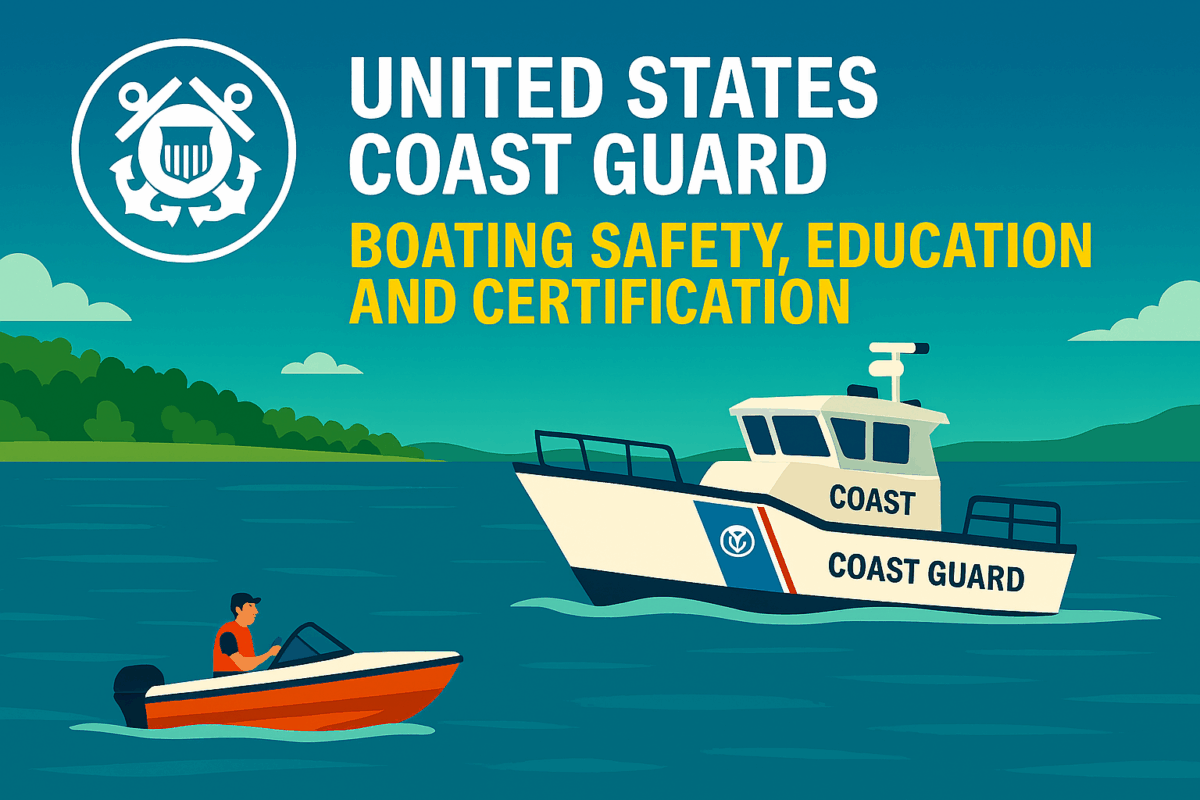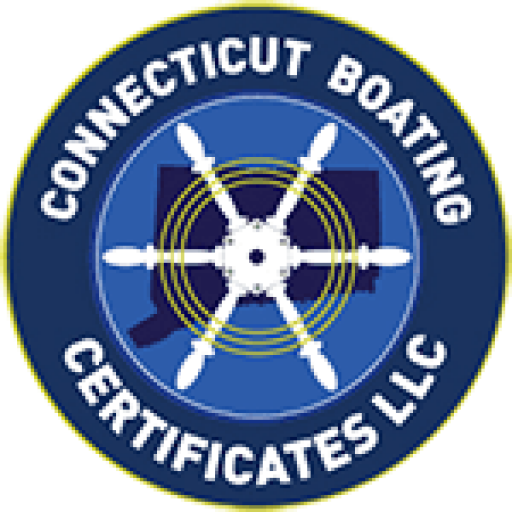Call: 1-800-832-7191

USCG Boating Cell Phone Usage
USCG Boating Cell Phone Usage: Know the Rules Before You Launch
Understanding cellular guidelines helps boaters stay safe and compliant while on the water. Because mobile devices can distract operators, the USCG Boating Cell Phone Usage emphasizes responsible use. These rules apply to recreational boaters, commercial operators, and passengers alike. Be courteous when people are nearby simply enjoying the view from the dock.
Stay Focused While Operating a Vessel
Boaters must avoid using handheld devices while operating a vessel. Although phones offer convenience, they can reduce situational awareness. Therefore, the Coast Guard recommends using marine radios for emergency communication. If a call is necessary, stop the vessel in a safe location first. Additionally, texting while driving a boat is strongly discouraged due to safety risks.
Use Phones Wisely in Emergencies
Cell phones can assist during emergencies, but they should not replace marine radios. Because signal coverage varies, phones may not work offshore. Moreover, marine radios connect directly to rescue services and nearby vessels. Consequently, boaters should always carry a VHF radio and know how to use it. Phones may supplement communication, but they should never be the primary tool.
USCG Boating Cell Phone Usage: Safety and Etiquette
The policy encourages respectful and responsible behavior. Loud conversations and speakerphone use can disturb others nearby. Furthermore, taking photos or videos while operating a vessel may lead to accidents. Boaters should assign phone duties to passengers when possible. By doing so, operators can focus on navigation and safety.
Prepare Before You Depart
Charge your phone fully before heading out. Because battery life may drain quickly, bring a backup power source. In addition, store emergency contacts and location-sharing apps on your device. These tools help responders locate you faster if needed. Ultimately, combining technology with good judgment improves safety and communication on the water.
